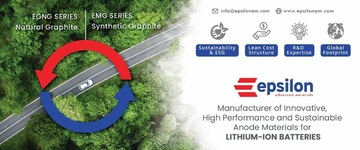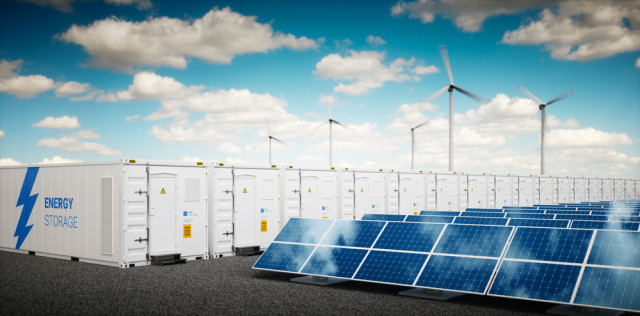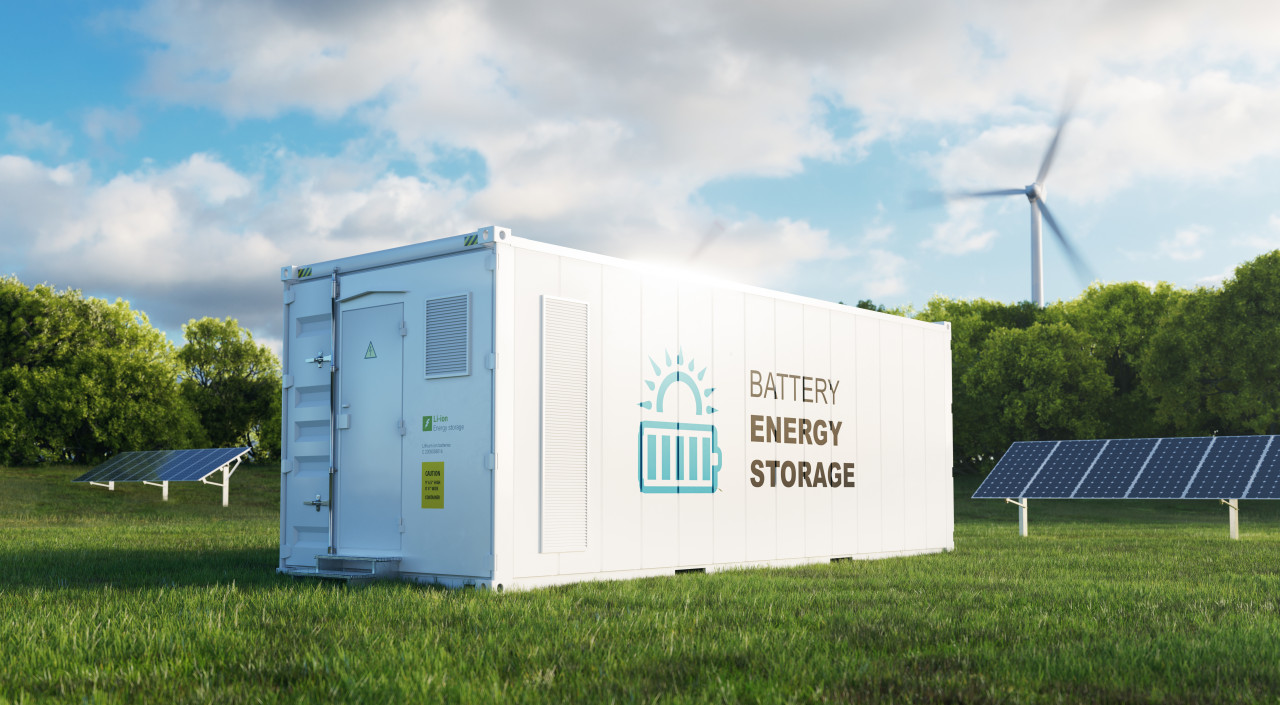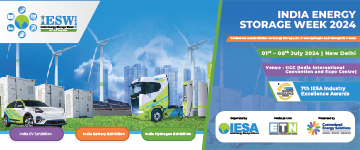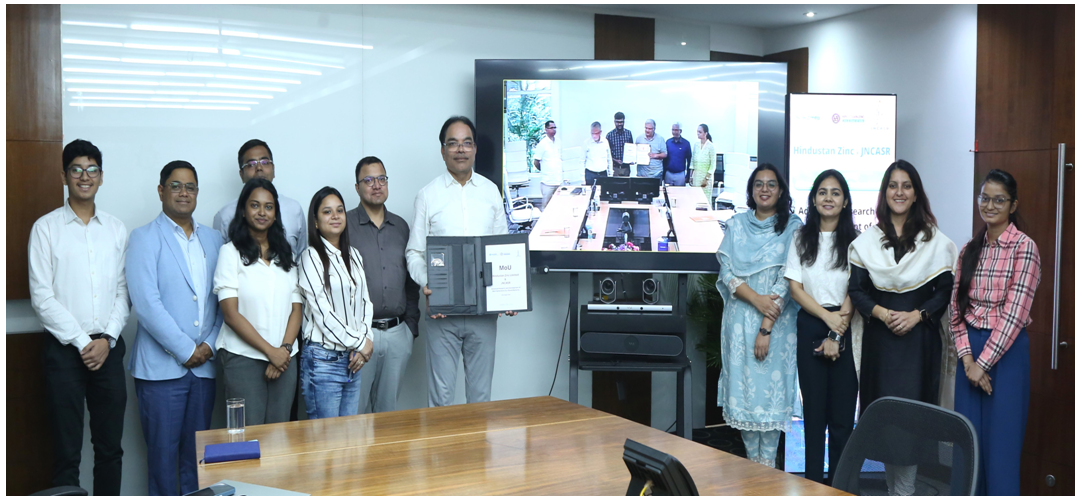Energy storage to be a part of Renewable Purchase Obligation: R K Singh
In a key announcement for the energy storage sector in India, R.K. Singh, the Union Minister of Power and New and Renewable Energy announced that energy storage system (ESS) will be an integral part of the power system under the Electricity Act and setting up of standalone ESS may be soon made a delicensed activity.
Interacting with integrated renewable energy developers, industry, and various government representatives on Thursday, Mr. Singh discussed the elements of the draft Policy on Energy Storage System which aims to create a technology-agnostic storage system across the value chain of the electricity sector (generation, transmission, and distribution levels) in India.
"Storage will henceforth be a part of the Renewable Purchase Obligation," said Singh, stressing on the elements of the proposed policy.
He further added that the curtailment of renewable energy will be penalized under the provisions of the Act.
As per the proposed policy, ESS developers shall be granted Inter-State Transmission System connectivity under General Network Access (GNA) allowing them to sell/ purchase power from any part of the country. Quantum of ESS included with Round-The-Clock (RTC) renewable energy shall be counted as
Further, it stated that DISCOMs/ obligated entities can set up their own storage or procure storage capacity or lease storage space from public or private ESS developers. Any sale of electricity from storage or sale/ lease of storage space may be through open competitive bidding or Power exchange or through tariff fixed u/s 62.
In terms of the transmission cost, the policy proposes that the transmission cost for RE shall be waived both at the time of charging the storage as well as at the time of selling the stored RE
India Energy Storage Alliance (IESA), India's leading industry alliance focused on promoting advanced energy storage solutions in India, hailed the decision by the Government of India.
IESA, since 2013, has been advocating for the inclusion of energy storage under the Electricity Act. It had also been urging the Indian government to bring ESS under the RPO.
Energy storage systems are considered an essential technology for the smooth energy transition from coal-based to renewable sources and for the large-scale integration of renewable energy sources. ESS facilitates peak shifting, peak shaving, ramp up/ramp down, and frequency control in the system and enhances the utilization of the transmission system.
ESS is believed to benefit generating Companies, Distribution Companies of the States, Grid Operators, and other players in the electricity value chain.
At the COP26, Glasgow Summit, India pledged to achieve the following targets:
- India will reach its non-fossil energy capacity to 500 GW by 2030
- India will meet 50 percent of its energy requirements from renewable energy by 2030
- India will reduce the total projected carbon emissions by one billion tonnes from now onwards till 2030
- By 2030, India will reduce the carbon intensity of its economy by less than 45 percent
- By the year 2070, India will achieve the target of net-zero
Energy Storage systems, therefore, have a key role to play in maximizing the utilization of renewable energy.

